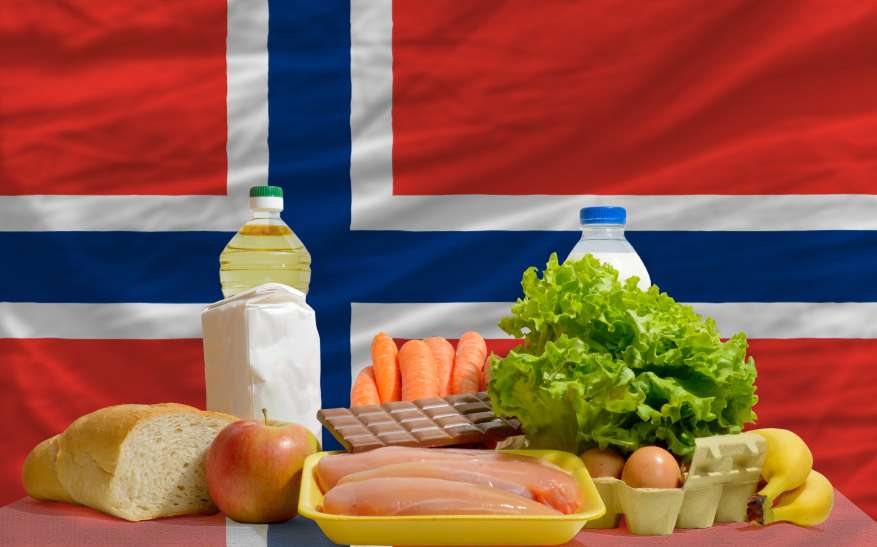Nestlé’s Optimistic Shift
Nestlé, a major player in the food industry, is adapting to the rise of weight loss drugs by aligning its products with changing consumer nutritional needs. Nestlé’s CEO, Mark Schneider, recently shared with CNBC that the company is optimistic about the opportunities these drugs present. This positive outlook contrasts with initial industry fears that popular weight loss medications like Ozempic, Mounjaro, and Wegovy would negatively impact food sales.
Transforming Fears into Opportunities
When GLP-1 drugs such as Ozempic and Wegovy gained popularity, the food industry was initially concerned that people would consume less food, thereby affecting profits. However, Schneider explained that these concerns have evolved into a recognition of new market opportunities. He highlighted that the nutritional needs of individuals on these drugs are not disappearing but shifting.
“Consumers still have nutritional needs, but they may be different from someone who is not on a weight loss regimen,” Schneider said. He emphasized the importance of ensuring that people on GLP-1 drugs receive adequate nutrients, vitamins, and protein to maintain muscle mass.
Nestlé’s Strategic Response
Recognizing the changing needs of GLP-1 users, Nestlé is positioning itself to cater to this emerging market. Schneider outlined Nestlé’s ambitious plans to develop and launch healthier “companion products.” One notable initiative is the upcoming frozen food line, Vital Pursuit, designed specifically for GLP-1 users, set to debut later this year.
Additionally, Schneider hinted at further “companion offerings” aimed at consumers taking obesity drugs, though he did not provide specific details or timelines for these products.
The Broader Market Impact
Schneider assured that while Nestlé is focusing on products for GLP-1 users, the company is not shifting its entire focus. He emphasized that many consumers are not on GLP-1 diets and still have a strong interest in traditional snacks and chocolate products. “Many products geared towards GLP-1 drug users will likely make a lot of sense to consumers on any kind of weight loss journey,” Schneider stated. He stressed the importance of losing fat rather than lean muscle mass and avoiding vitamin deficiencies.
The Rise of GLP-1 Drugs
GLP-1 agonists, such as semaglutide and tirzepatide, have revolutionized the weight loss industry. These drugs mimic a gut hormone that regulates appetite and blood sugar, offering significant weight loss previously achievable only through surgery. Beyond weight loss, research suggests these drugs may help with conditions like sleep apnea, addiction, anxiety, Parkinson’s, and kidney disease. Currently, they are approved for treating diabetes, cardiovascular issues, and obesity.
Market Dominance and Industry Concerns
Pharmaceutical giants Novo Nordisk and Eli Lilly dominate the GLP-1 drug market, with their products Ozempic, Wegovy, Zepbound, and Mounjaro leading the field. Despite facing chronic shortages, experts predict these companies will continue to outperform competitors. Initially, the food industry and related sectors were concerned about the potential negative impact of these drugs on sales. However, the long-term effects remain uncertain.
Embracing Change
Nestlé’s proactive approach to addressing the needs of GLP-1 users highlights the food industry’s ability to adapt to changing consumer behaviors. By developing products that cater to new nutritional requirements, Nestlé is not only mitigating potential risks but also capitalizing on emerging opportunities. This strategy underscores the importance of innovation and flexibility in the face of evolving market dynamics.
Conclusion: A Balanced Perspective
The rise of GLP-1 drugs has undoubtedly introduced new challenges and opportunities for the food industry. While initial fears about reduced food consumption were valid, companies like Nestlé are demonstrating that it is possible to thrive in this changing landscape. By focusing on the nutritional needs of consumers and launching targeted products, Nestlé is setting a precedent for how the industry can adapt and grow.
In summary, weight loss drugs like Ozempic, Mounjaro, and Wegovy are reshaping consumer behavior and nutritional needs. However, rather than eroding food industry profits, they present a unique opportunity for companies to innovate and meet these new demands. As Nestlé’s strategic initiatives show, the key to success lies in embracing change and proactively addressing the shifting needs of the market.
Related: Nestle Launches Food Brand for Ozempic Users
Read: Ozempic’s Growing Generic Competition



